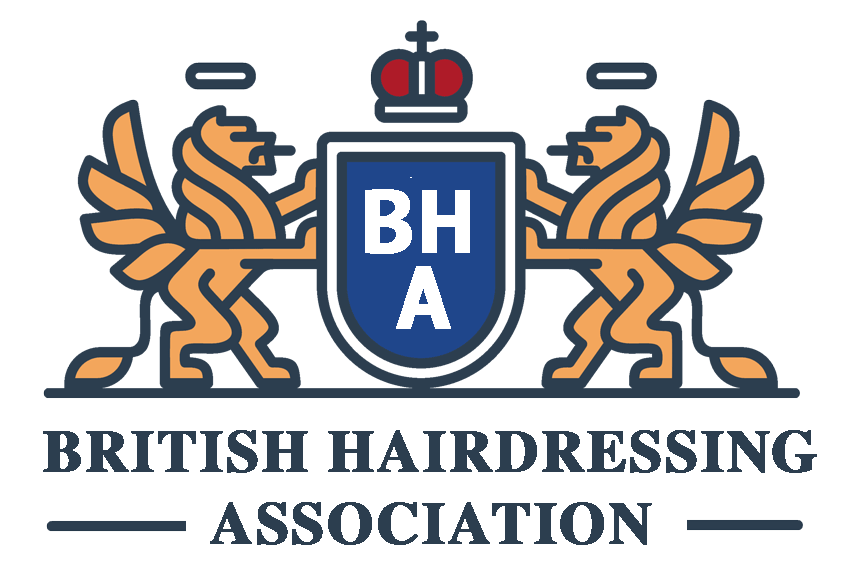UK Hairdressing Licensing Demystified: Essential Info for Each Region
The landscape of hairdressing licenses in the UK can be somewhat complex, with various regions having distinct requirements and regulations. Understanding these can ensure that you not only comply with local laws but also maintain the highest standards of professionalism and safety. Here’s an essential breakdown, region by region, demystifying UK hairdressing licensing.
England
In England, the hairdressing industry is not regulated with a mandatory licensing system. While this means that anyone can open and operate a hairdressing salon without a government-issued license, it’s highly recommended to gain relevant qualifications. Professional bodies such as the Hairdressing Council offer membership that can enhance your credibility. Additionally, holding a valid Public Liability Insurance is crucial to cover any potential accidents or incidents.
Scotland
Similar to England, Scotland does not have a compulsory licensing system for hairdressers. However, the Scottish government encourages hairdressers to pursue professional qualifications for the safety and satisfaction of their clients. The Hair and Barber Council, as well as other authoritative bodies in Scotland, recommend obtaining certifications such as SVQs (Scottish Vocational Qualifications) in Hairdressing.
Wales
Wales, like other parts of the UK, does not mandate a specific license for hairdressers. However, maintaining high standards through proper education and training is strongly advised. Accredited courses in hairdressing and regularly updating your skills are essential to stay competitive. Associations such as the National Hairdressers’ Federation (NHF) provide guidelines and courses to ensure you’re compliant with the best industry practices.
Northern Ireland
In Northern Ireland, hairdressers are not required to obtain a specific license to operate. Nonetheless, it is prudent to obtain suitable qualifications and become a member of a recognized professional body. Local councils may have additional regulations, so it’s essential to check with them regarding health and safety standards. Public Liability Insurance is also a key requirement to protect your business and clients.
Qualifications and Professional Bodies
Across all regions, basic qualifications like NVQs (National Vocational Qualifications) or SVQs in Hairdressing are highly recommended. These not only bolster your credibility but also ensure that you are well-versed in the latest techniques and safety protocols. Professional bodies such as Hair and Barber Council, NHF, and the Freelance Hairdressers’ Association (FHA) provide resources, training, and support that can significantly benefit your career.
Insurance Requirements
Regardless of where you operate in the UK, holding Public Liability Insurance is essential for any hairdressing professional. This insurance protects you from claims due to accidents or injuries that occur in your salon. Many clients look for this assurance when selecting a hairdresser, as it offers them peace of mind.
Continual Professional Development (CPD)
To stay ahead in the competitive hairdressing industry, continuous learning is key. CPD programs offer hairdressers the chance to update their skills and stay current with industry trends. Participating in seminars, workshops, and courses will not only enhance your service offerings but also help you comply with any emerging regulations.
Conclusion
While the UK does not have a unified, mandatory licensing system for hairdressers, it is still crucial to follow local regulations, obtain proper qualifications, and engage with professional bodies. Doing so ensures that your practice meets high standards of safety and professionalism, ultimately benefiting both you and your clients.


